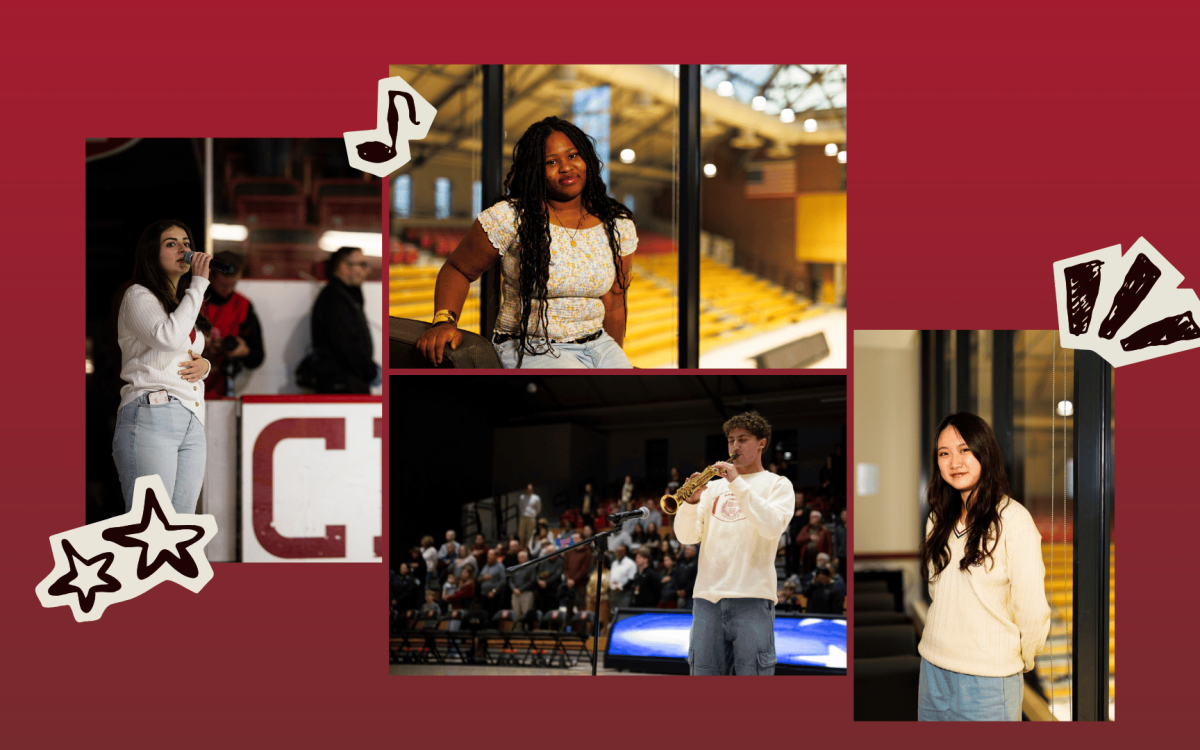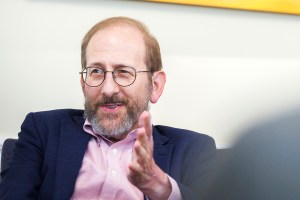Nation & World
-
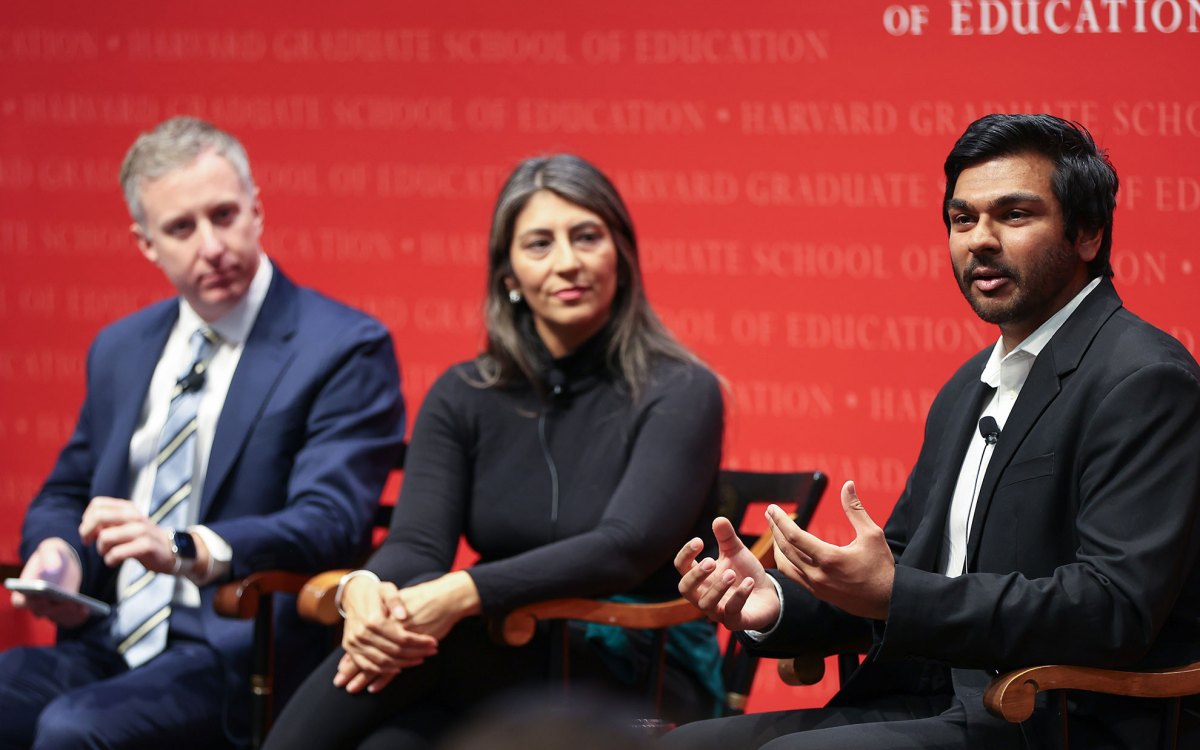
What’s working, not on front lines of AI in classroom
Tech, education experts share new initiatives on learner profiles, making STEM more accessible, ‘microschool’ experiments
-
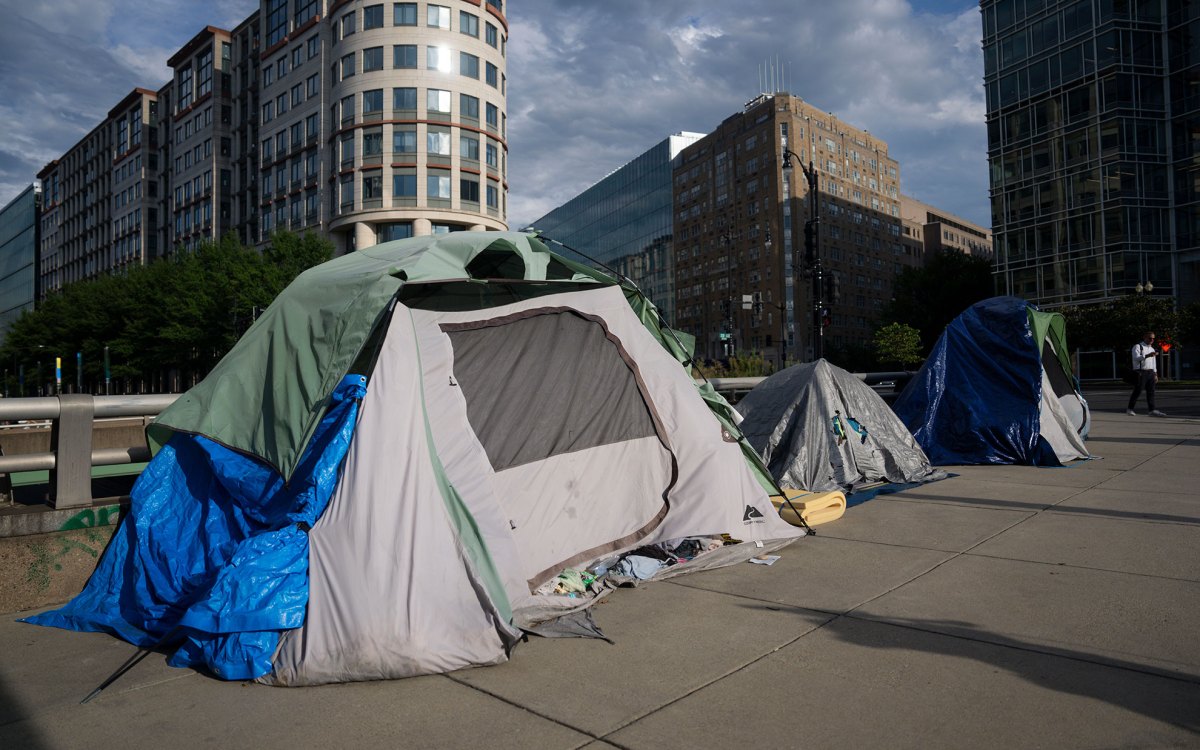
A call for corporate America to step up on homeless crisis
Business School initiative brings together leaders from business, government, academia
-

Think the viral meme of that legislator is funny?
Political philosopher says rampant schadenfreude among electorate poses risk to democracy
-
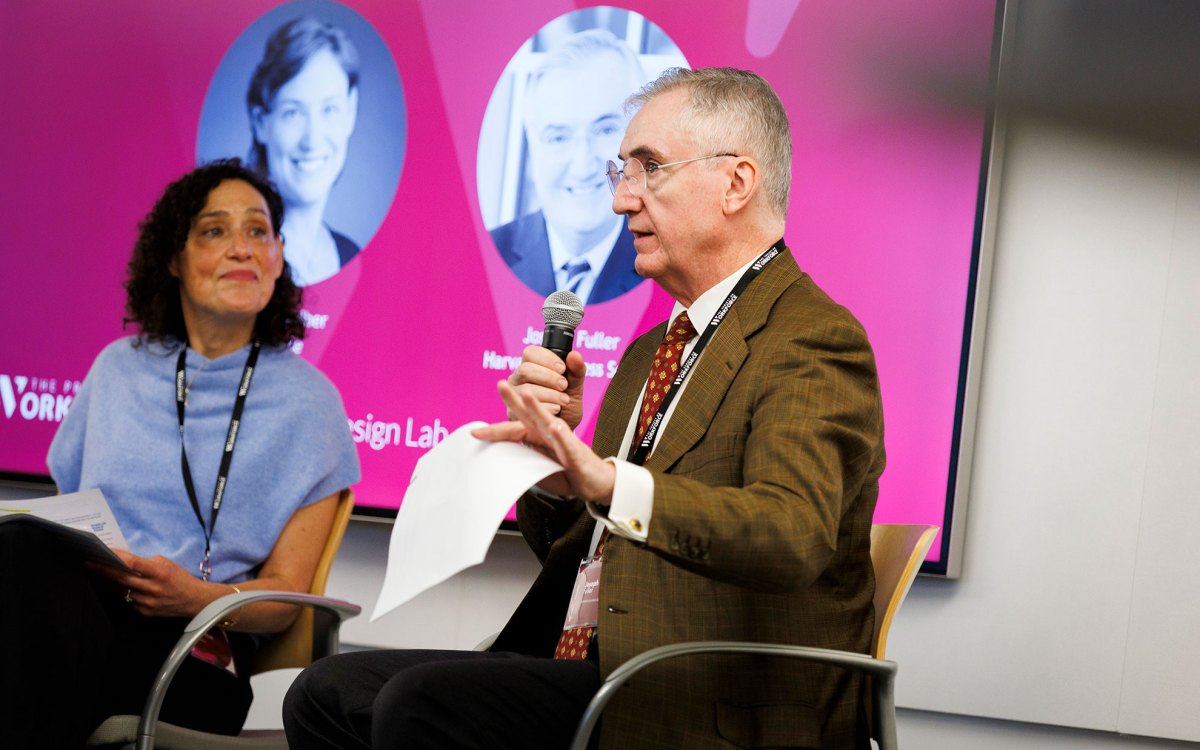
How AI is disrupting classroom, curriculum at community colleges
Conference examines ways to deal with unique vocational, educational challenges
-

Girls fell further behind in math during, after pandemic
Leading sociologist says emotional, family, social disruptions likelier cause than school closures
-
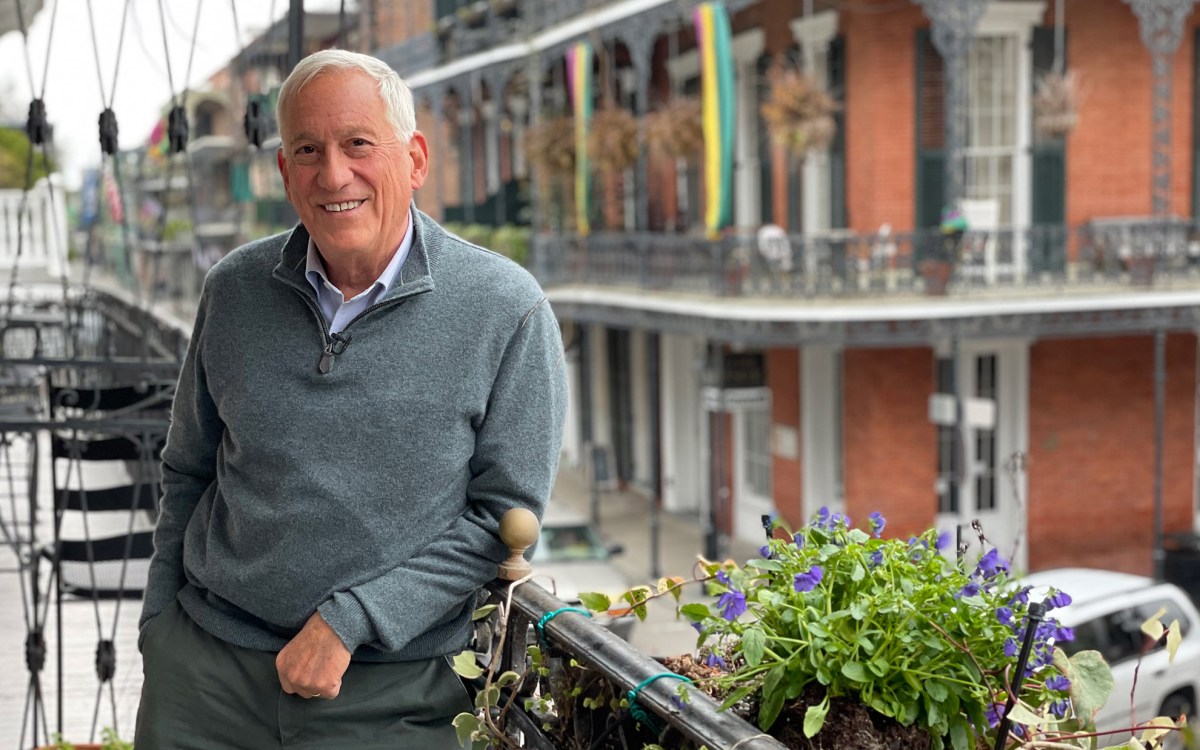
Our self-evident truths
New book takes as focus ‘greatest sentence ever written,’ how it may help a riven nation recall common values
-
Understanding Turkey
Turkey appears to be moving away from the path toward reforms that helped to fuel an economic resurgence there in the early 2000s, a leading economist told a Harvard audience.
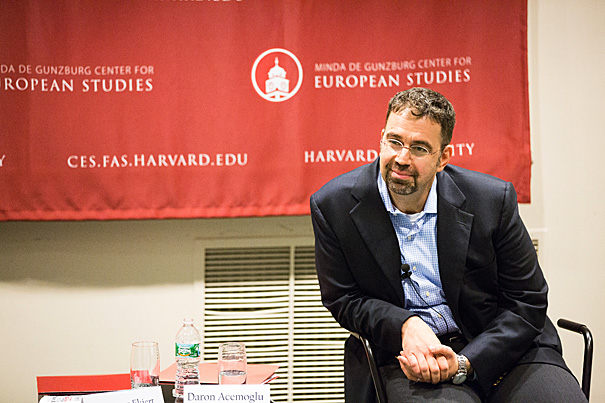
-
‘I felt as if I was on a boat at sea’
Renee Salas, a Wilderness Medicine Fellow from Harvard-affiliated Massachusetts General Hospital and Harvard Medical School instructor in emergency medicine, was working at a remote clinic near the Mount Everest Base Camp when Saturday’s earthquake struck Nepal. She shared her experience with the Gazette.

-
After Nepal quake, Harvard responds
With Nepal struggling to grasp the enormous calamity caused by the magnitude 7.8 earthquake that struck north of Kathmandu Saturday, Harvard is mobilizing to help with technical and medical assistance and reaching out to faculty, staff, and students visiting the region.
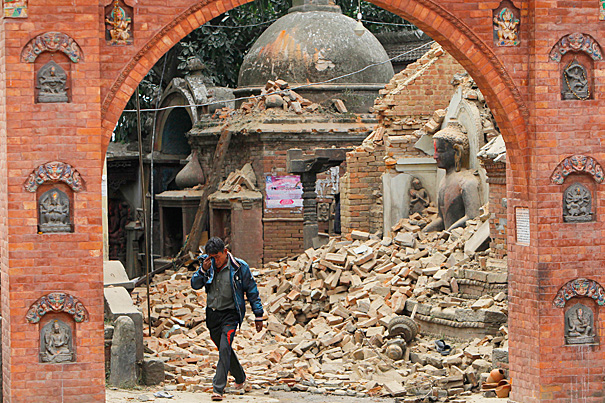
-
Not backing down
Speaking at the Harvard Kennedy School, Japanese Prime Minister Shinzo Abe talked about his country’s economic and political difficulties, during the first stop of his state visit to the United States.
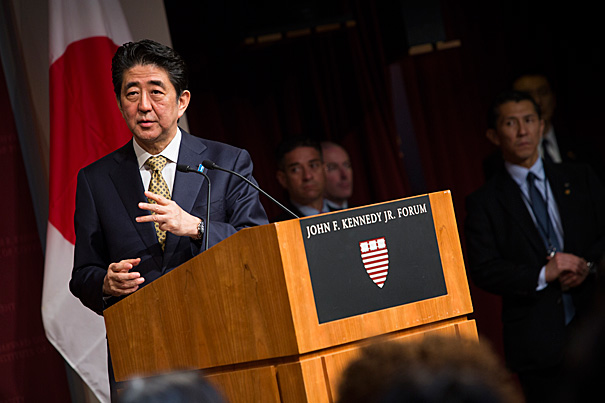
-
Reconnecting on education
Panelists across Harvard gather to consider how education should and will affect tomorrow’s global challenges.
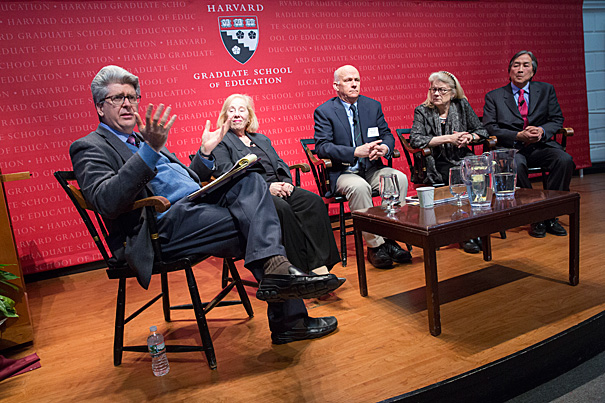
-
The future of world religions
The head of religion research at the Pew Center, Alan Cooperman, told a Harvard Divinity School audience on April 17 that Muslims could exceed the number of Christians in fewer than 60 years.
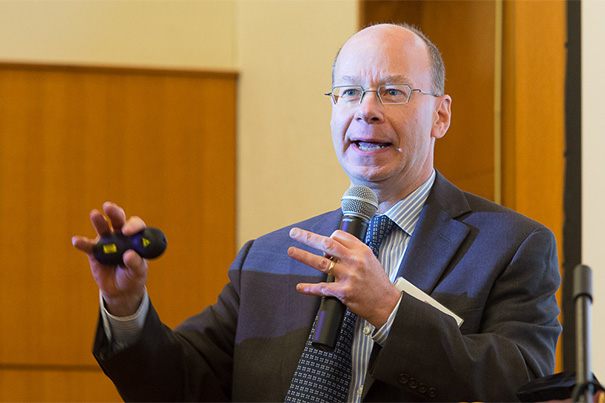
-
God and the White House
Longtime presidential adviser and Harvard Kennedy School Professor David Gergen engaged in a wide-ranging conversation on the complex intersections of religion, politics, and public life.

-
Polite populism
Former Maryland Gov. Martin O’Malley, a possible challenger to Hillary Clinton in the 2016 Democratic primary race for president, previewed his economic agenda at Harvard Kennedy School on April 16.
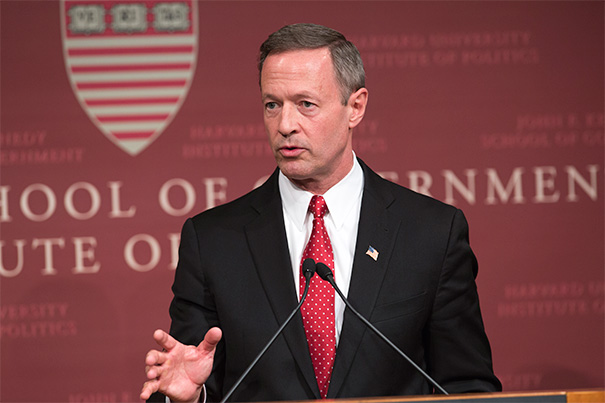
-
A powerful convergence
Harvard faculty members from several disciplines gathered to share thoughts about their work at the 2013 Kumbh Mela religious festival in India.

-
The Ferguson conversation
In the wake of the Ferguson tumult, an Askwith Forum panel examines ways to promote discussions on race, and to craft solutions during a discussion at the Harvard Graduate School of Education.

-
Night of terror
The Rev. Clark Olsen, S.T.B. ’59, who witnessed the 1965 Selma, Ala., murder that accelerated passage of the Voting Rights Act, launched a two-day Harvard look back at the Civil Rights era.
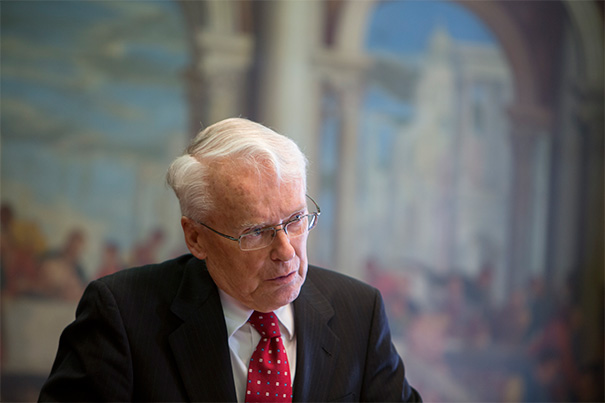
-
Closing the information gap
Mitt Romney, the former Massachusetts governor and Republican presidential nominee, visited Harvard Law School on April 10 for a Q&A session hosted by Dean Martha Minow. He encouraged a renewed civility in politics and society, emphasizing the difference one person can make through serving others.
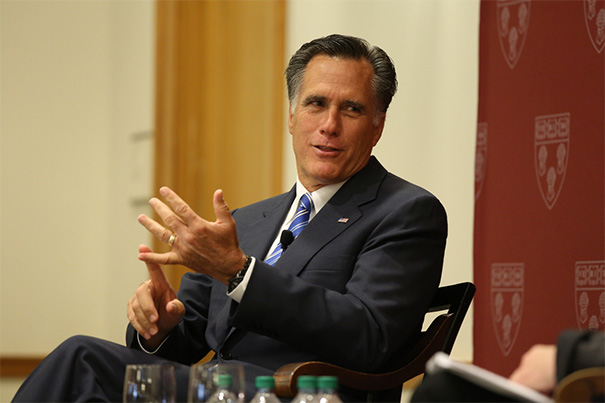
-
Ingenuity in public health
Inaugural winner Chelsea Clinton was on hand as the Harvard T.H. Chan School of Public Health recognized Blake Mycoskie of TOMS Shoes with this year’s Next Generation Award.

-
‘Voices of Syria’
Starting in May 2013, in two of Syria’s war-torn cities, specially trained operatives moved from door to door with a singular purpose: to ask questions. Vera Mironova, a graduate research fellow at Harvard’s Program on Negotiation, was one of the lead authors of the “Voices of Syria” project. She will discuss it today at noon at Wasserstein B015, Harvard Law School.
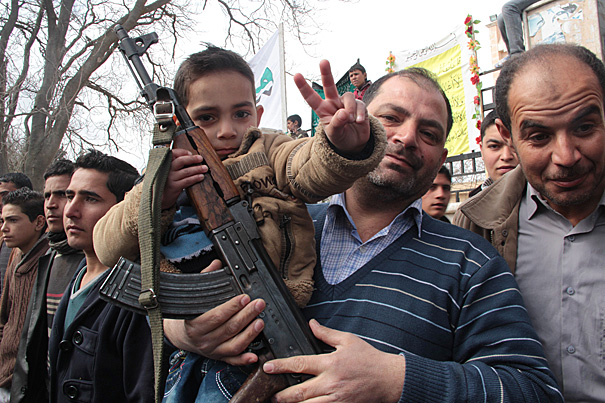
-
A new office, a global audience
In a question-and-answer session, HarvardX head Peter Bol outlines the challenges ahead for the online platform and for teaching and learning.
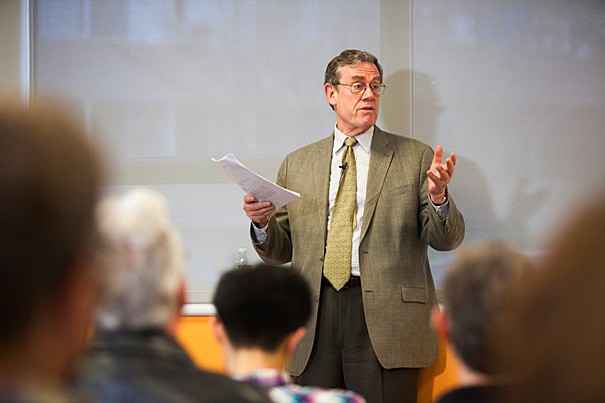
-
Three strong women
IOP Fellows Martha Coakley, Kay Hagan, and Christine Quinn talk candidly about their battle-scarred campaign days and advise students on what it really takes to make it in politics.
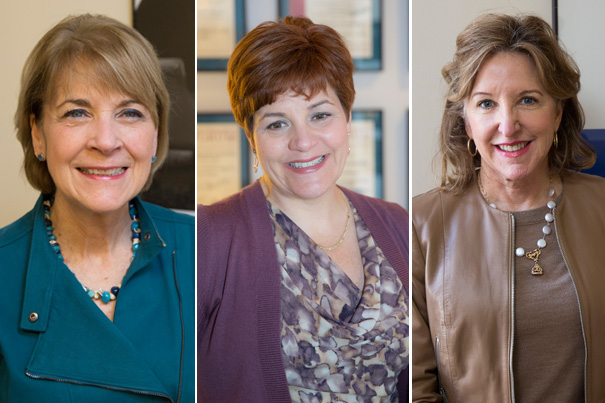
-
Albright, on negotiating
The value of a clear understanding of your country’s objectives and the power of personal relationships were among the insights former U.S. Secretary of State Madeleine Albright shared with a Harvard audience.
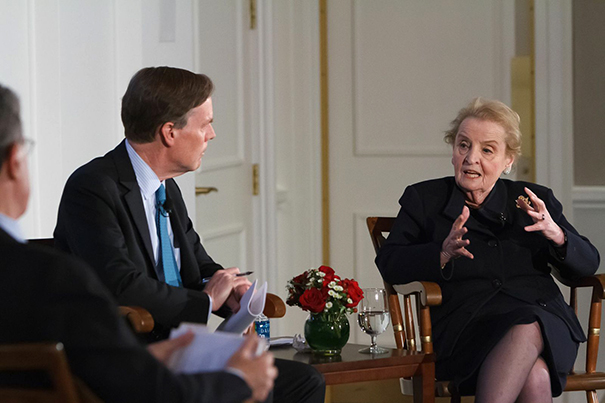
-
Whither Iran
As negotiators worked beyond a deadline, experts at Harvard Kennedy School considered the possible outcomes of a deal, or no deal, with Iran over nuclear materials.

-
Breaking down the Middle East
Harvard experts assess the rolling waves of violence and political upheaval across much of the Middle East and North Africa.
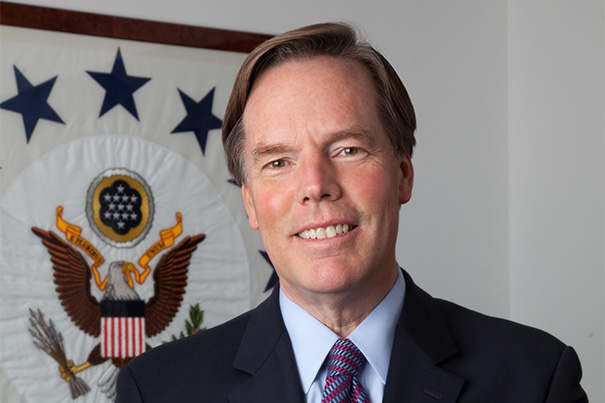
-
Massive study on MOOCs
A Harvard and MIT study’s findings suggest that teachers often constitute a significant portion of the participants in MOOCs; that learner intentions matter; and that those with financial stakes have higher completion rates.
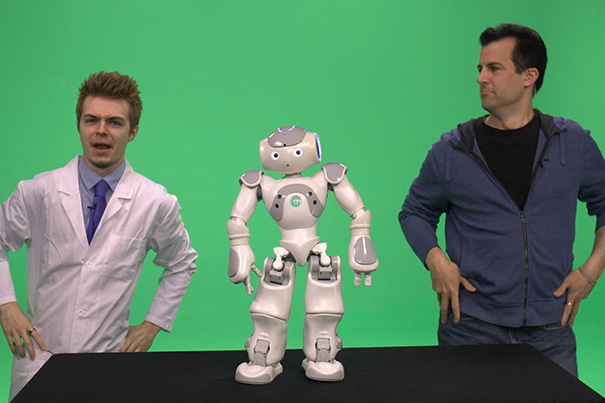
-
‘The most dangerous thing in the world is apathy’
His Holiness the 17th Gyalwang Karmapa, Ogyen Trinley Dorje, spoke about love, environmental issues, and apathy to a capacity crowd at Harvard’s Memorial Church.
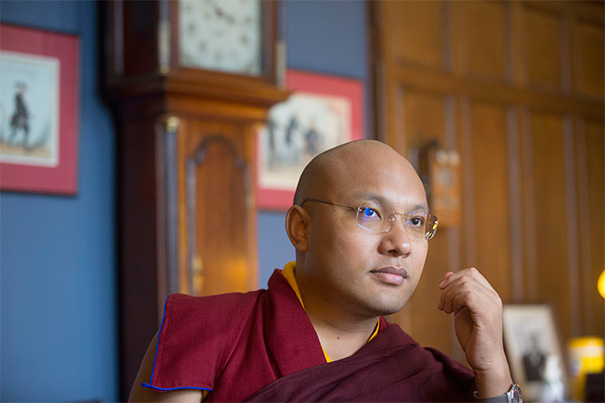
-
Radically rethinking education
Higher education in the digital age is radically remaking the models by which it delivers its content, the leader of a higher education technology association said.
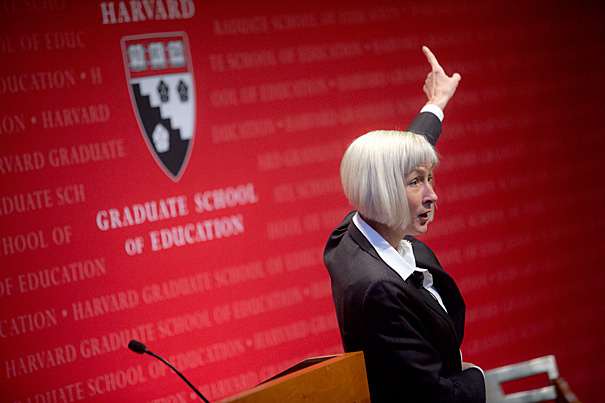
-
Harvard in Beijing
During a historic visit to Beijing, Harvard President Drew Faust delivered the Tsinghua Global Vision Lecture, “Universities and the Challenge of Global Climate Change,” to faculty and students at Tsinghua…
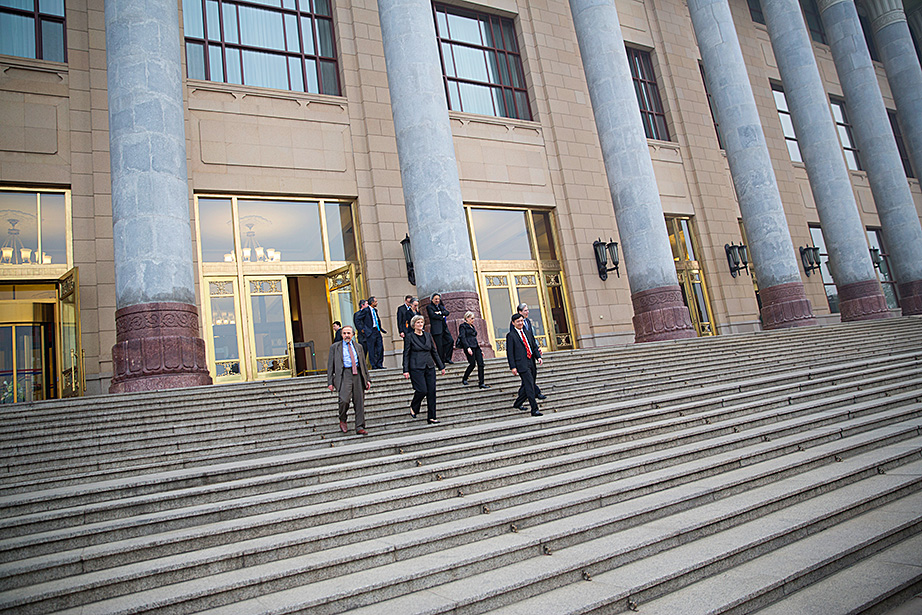
-
For Jill Abramson, journalism comes full circle
Former New York Times executive editor Jill Abramson talks about leaving daily journalism to teach at Harvard, where her career began.
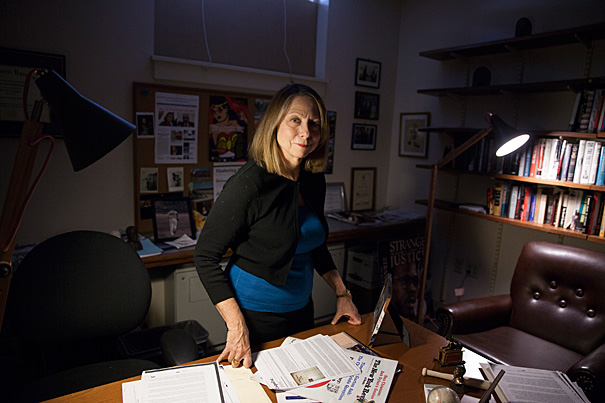
-
To be Buddhist monks at Harvard
A growing number of monks are coming to Harvard Divinity School through the Ho Family Foundation Scholars program, which covers all tuition and living expenses for a year. They share their experiences and diverse backgrounds.

-
Netanyahu, in the driver’s seat
Harvard Kennedy School Professor Stephen Walt assesses the Israeli election, in which Benjamin Netanyahu was triumphant.
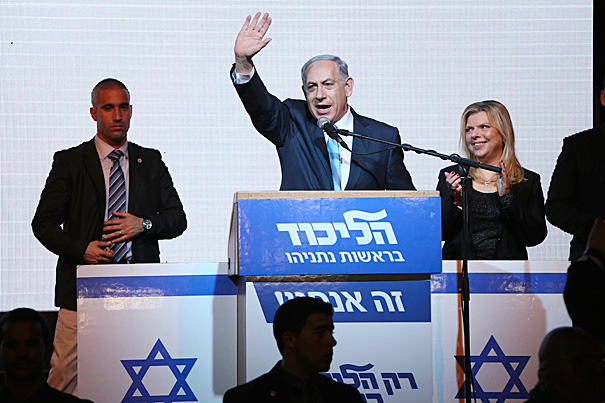
-
A siren call to action
Professor Jessica E. Stern, a leading terrorism expert, talks about the growing number of young, middle-class Westerners leaving home to join the Islamic State.

-
America, still at top
Harvard political scientist Joseph Nye talks about America’s future as a global superpower in the 21st century.
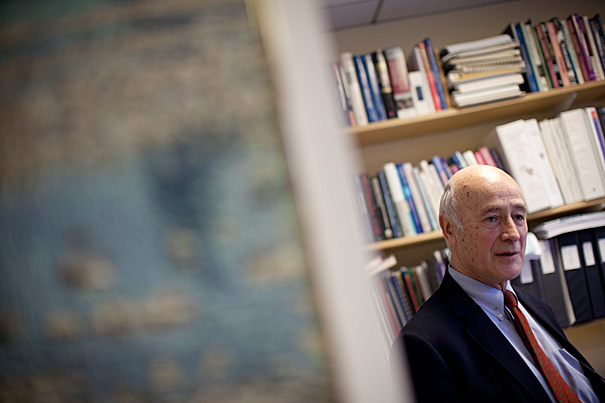
-
Explaining ‘Capital’
Acclaimed French economist Thomas Piketty discusses his landmark text, “Capital in the Twenty-First Century,” one year after its publication in English.

-
After Ferguson, the ripples across Harvard
Students across Harvard channel energy and anger from last semester’s “Black Lives Matter” protests into a call for discussions and changes at home.

